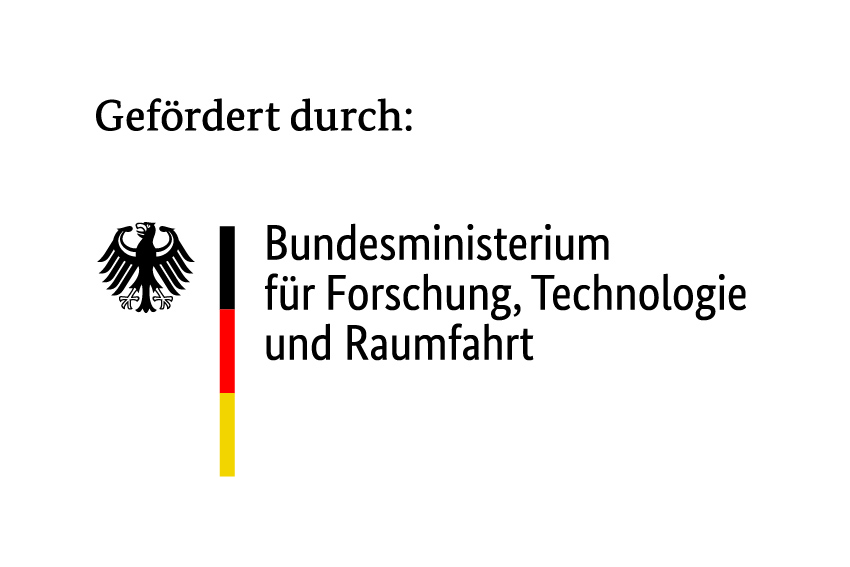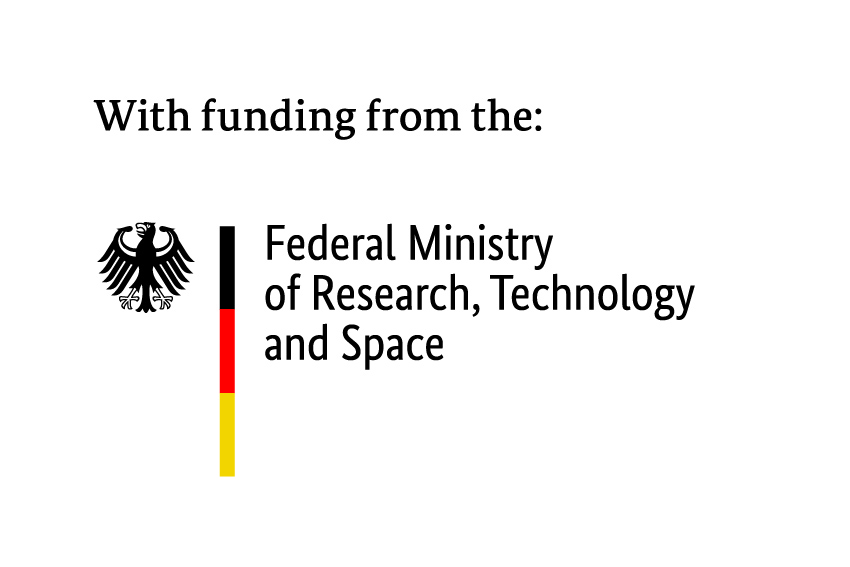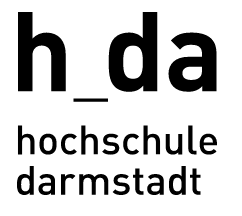The institutional logics of climate finance
ClimFiSoc
The collaborative project “Climate Finance Society” (ClimFiSoc) examines the perspectives, incentives, and restrictions of different actors in climate finance to identify opportunities for a whole-of-society agenda. Based on qualitative and quantitative research methods, the project explores the institutional logics of actors that are crucial to Germany’s innovation and transformation pathway but have played a subordinate role in the discussion on climate finance to date.
Subproject 1: Civil Society and Climate Finance
The subproject identifies civil society positions – from NGOs and movements, consumer associations and trade unions – on climate finance measures and their proposals. Through a Delphi process, differences and similarities to positions from politics, administration, business and the financial sector will be identified in relation to institutional logics with the aim of further developing measures.

PD Dr. Silke Ötsch
Subproject 2: Public banks in climate finance
This subproject examines the role that two different types of public banks – public-sector credit institutions and central banks – play in climate finance, both currently and in the future. It elaborates societal expectations, political restrictions and innovation potentials and determines which forms of governance result from institutional logics and specific notions of rationality and legitimacy.

Subproject 3: Development banks as transformation banks
This subproject examines the role of development banks in climate finance and the evolving landscape of sustainable financial markets. It determines which expectations are formulated for development banks, which adaptation processes exist, which design instruments and justification contexts they use in a multi-layered institutional environment, and identifies potentials and pitfalls in the design of state development instruments.

Subproject 4: Climate financing in medium-sized industry
This subproject aims to reveal the potentials and obstacles of a climate-friendly transformation in medium-sized industry. It aims to explore the opportunities, challenges and barriers of climate finance, especially for small and medium-sized enterprises, to record the current situation in companies, to elaborate recommendations for action for an SME-friendly climate finance agenda and to initiate an awareness and learning process in SME industry itself.






